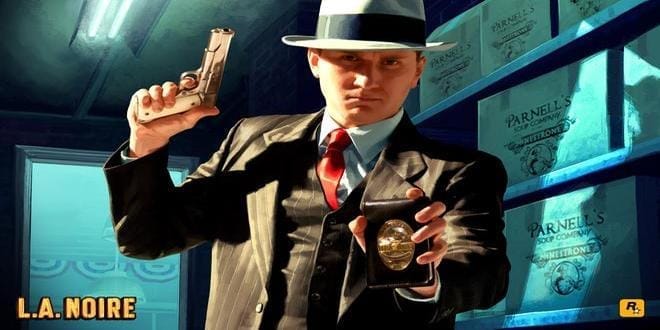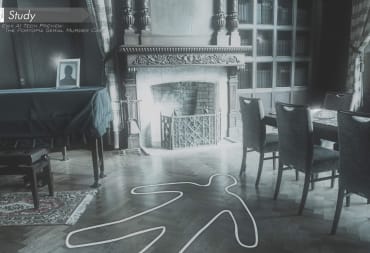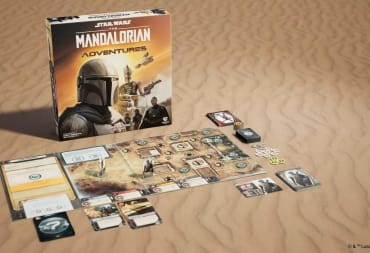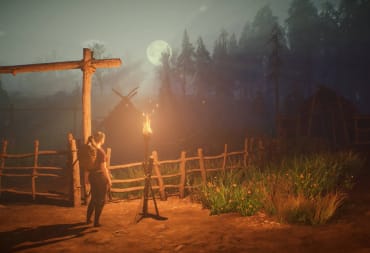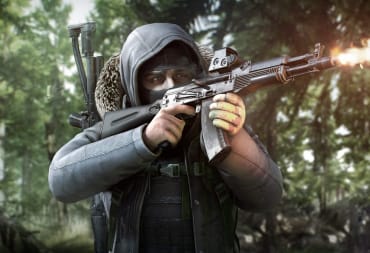Game of the generation automatically is going to be a contentious title for any game. Everyone has different tastes and even within similar tastes there are slices of life. #TeamLightning over #TeamCloud. Instead of trying to pitch a game and convince you, the reader, to agree with me, I’ll tell you why L.A. Noire was the best 7th gen game for me.
Since I’ve been a child, mysteries have fascinated me, especially crime mysteries. From Law and Order to Matlock to Murder, She Wrote, I watched a lot of murder mysteries. When L.A. Noire hit the scene and I saw the video review for the game, coupled with a friend’s recommendation, I went out and bought it. It showed well as a real detective game unlike the posers NCIS and CSI. The key word being detective, as it focused more on police procedure than the run and gun of games like Sleeping Dogs.
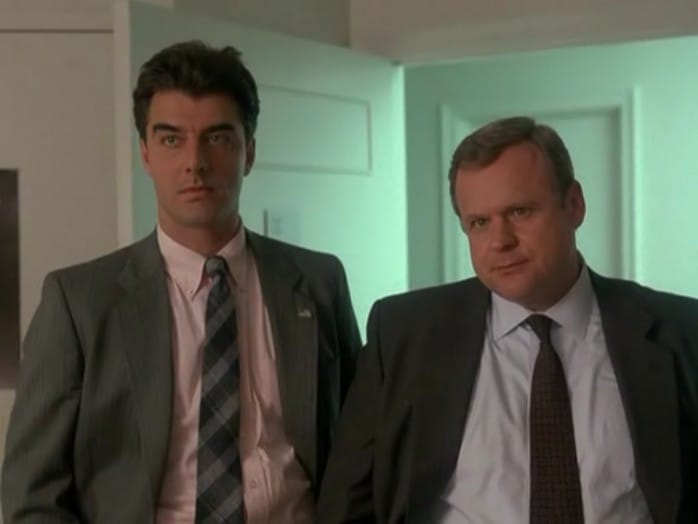
The moment I began playing it I was hooked. Even though I learned early that what happened in each individual case didn’t carry over to the next, that to botch a case entirely meant still going on with the story, none of those matters bothered me. What was given to me was an intriguing tour de noire, a gritty splicing of Mike Hammer and Law and Order. The rise of a straight-laced go-getter, trying to do the right thing but then falling from grace on the mean streets of LA.
The charm of the game was the story. While it was a shame there was not as much to do in the open world as I hoped, the presentation of random crimes was slick. They were a mini-case inside a case. But the overall story was done brilliantly. Each case was self-contained but had enough of a branching story arc to connect them all. Even today I can go back and just replay my favorite cases, unhindered by repeating hours upon hours to get to the good parts.
Story is in the eye of the beholder, so too is acting, but what is not is the graphical innovation made through the game. No other game at that time put as much emphasis on facial detail. To see the ridges in a person’s forehead and their worried expression or even a stone cold demeanor staring back at you, it helped take quality to detail to a new level. The fact that it was tied directly into the interrogation mechanic is a bonus.
At that time in life I had a tube TV. I’ve never been a big fanboy of graphics. To see how good the game looked on an old TV like that blew my mind. It made me appreciate graphics in a game for the first time in my life. Being a fan of sprites and portraits, it showed me graphics could be used in another way than window dressing. Before L.A. Noire I scoffed at graphics. Yes, advancements made games look better. but the 3D nature of worlds bored me as a lot of my time was spent just traveling, not accomplishing anything.
It is a TV show, in presentation and form. Above all else, this is why it is the game of the generation for me. Once the game is completed, I can play what I want. Like a good TV series, I can pick and choose what I want to watch. The vast majority of games cannot do that to this degree, and those that try do not have the slick presentation of actually being a TV show. When that title pops up, it is like being immersed in the show. When I’m on the street trying to find clues, or interrogating suspects, it is like I’m playing all those crime mysterious I enjoyed watching so much.
Those interrogations were always fun, and always got me thinking. Of course it runs the issue of any detective show, where you’re trying to go through the thought pattern of the writer. Evidence I thought could be used turned out to be wrong, or vice versa, but that was fine. It made me want to replay the game because inside that case the circumstances of what to do next changed.
I remember replaying the first detective case numerous times when I first got the game, learning how to get better and remembering what went wrong. I could see how the events leading up to the final arrest changed depending on how my investigation went beforehand. Would the suspect already be on the run? Would I manage to ambush him and get to his door before he knew we were coming? Or maybe we interrupt him just as he is leaving? While being wrong in my investigation didn’t change the final outcome, it did cover the bases of the lead-up.
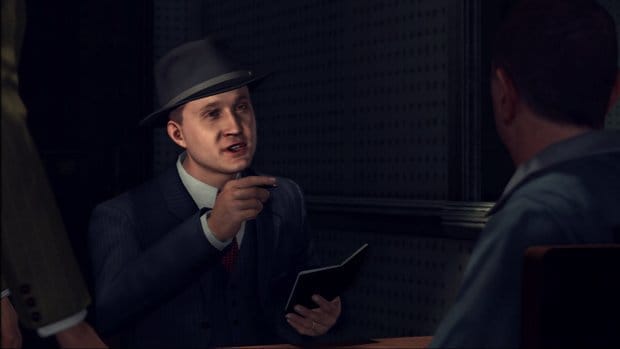
When I first began playing L.A. Noire, it was after a year and a half of being behind in the times. I had moved to a new country to teach. I didn’t want the hassle of having to carry a system with me anywhere due to the unknown of which country I’d be teaching in from year to year. This was around the time when trophies began to take off. Dead Nation would be my first platinum, but L.A. Noire was my second. I loved the game so much that I felt I had to platinum the game, even though some of them were annoying, useless "feather" trophies.
While I did platinum the game, something I rarely do as a trophy hunter, L.A. Noire did something very few games did before the advent of trophies. It kept my interest. I hardly finish games. I lose interest quickly. Before trophies, the number of games I can say I beat could be counted on a couple hands. I’d get a fun beginning and then the middle would fade. Off to the next RPG.
This is why L.A. Noire is game of the generation for me. It made me take an interest in stuff that I normally had zero interest in, while giving me a top notch game in a genre that I’ve always loved and never got to play. Tokyo Game Show 2013. I’m in the Rockstar booth playing the demo of GTAV for the Japanese release. Instead of asking the PR guy about GTAV the first question I have is “any comment on an L.A. Noire 2?”
Have a tip, or want to point out something we missed? Leave a Comment or e-mail us at tips@techraptor.net
